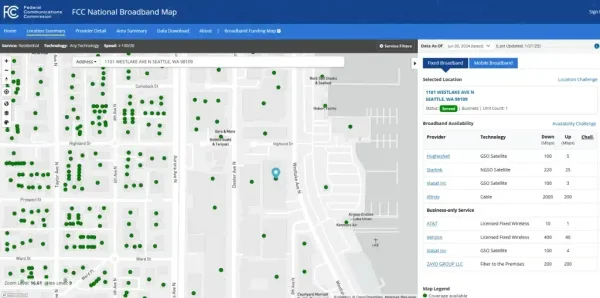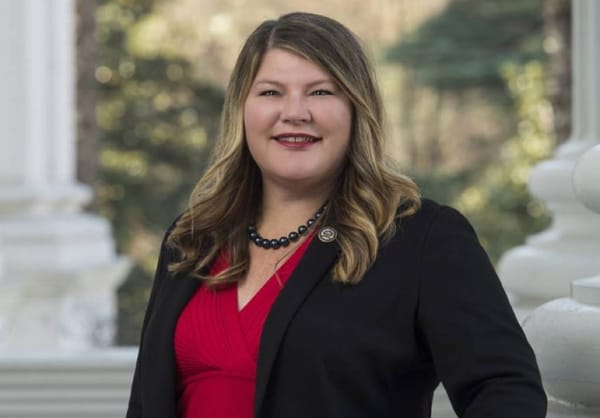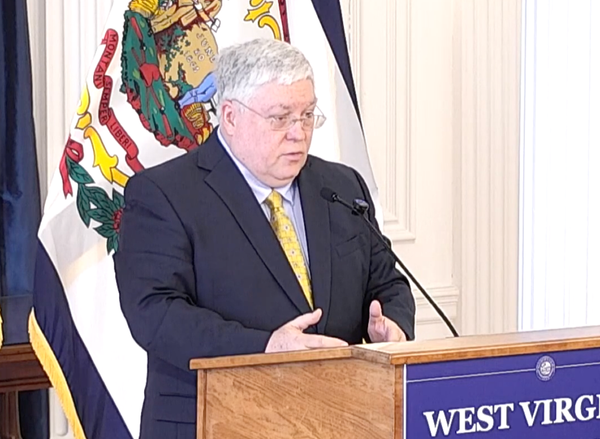
Broadband in the Trump Administration
Join the Breakfast Club to Watch the VideosDonald Trump’s 2024 victory in the presidential election will change public policy in Washington on many fronts. Broadband will be particularly impacted.
See the program – 'Broadband in the Trump Administration'
View the programKeynote Address from Sen. Marsha Blackburn
GOP Congress to Employ CRA: Blackburn
FCC rules that went into effect before Aug. 1 are likely insulated from the act.
Keynote Address from Sen. Amy Klobuchar
Post-Chevron Could be ‘a Real Mess’: Klobuchar
The Supreme Court ended the practice of deferring to agency interpretations of ambiguous law this summer.








